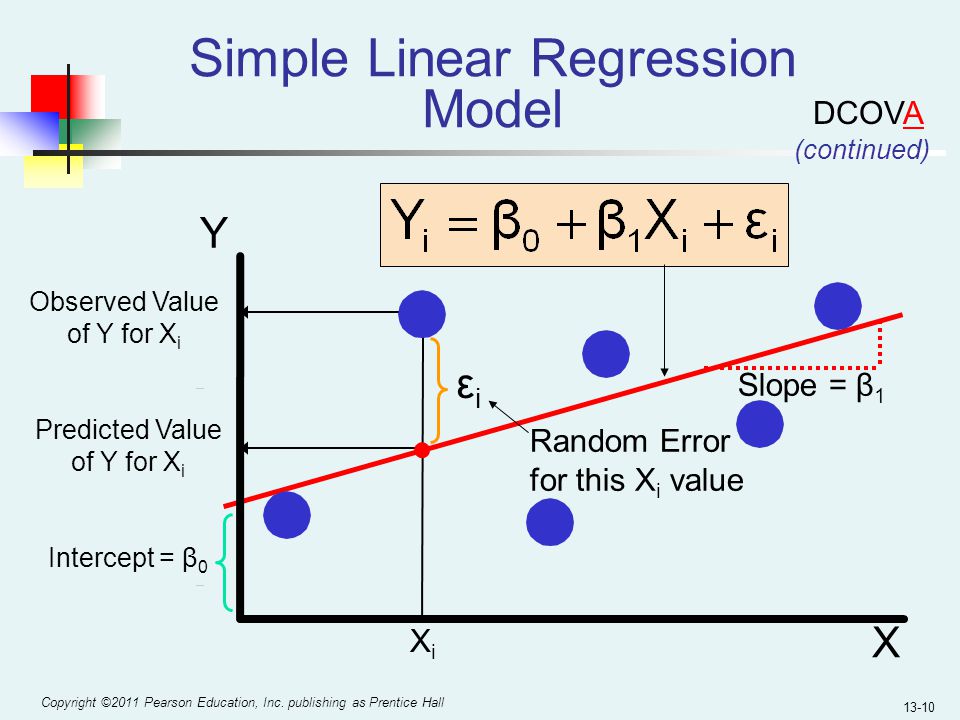Dr. Tirthajyoti Sarkar, Sunnyvale, CA (You can connect with me on LinkedIn here)
Essential codes/demo IPYTHON notebooks for jump-starting machine learning/data science with Python.
You can start with this article that I wrote in Heartbeat magazine (on Medium platform):
Jupyter notebooks covering a wide range of functions and operations on the topics of NumPy, Pandans, Seaborn, matplotlib etc.
Tutorial-type notebooks covering regression, classification, clustering, dimensionality reduction, and some basic neural network algorithms
- Simple linear regression with t-statistic generation
- Multiple ways to do linear regression in Python and their speed comparison (check the article I wrote on freeCodeCamp)
- Multi-variate regression with regularization
- Polynomial regression with how to use scikit-learn pipeline feature (check the article I wrote on Towards Data Science)
- Decision trees and Random Forest regression (showing how the Random Forest works as a robust/regularized meta-estimator rejecting overfitting)
- Logistic regression/classification
- k-nearest neighbor classification
- Decision trees and Random Forest Classification
- Support vector machine classification (check the article I wrote in Towards Data Science on SVM and sorting algorithm)
- Naive Bayes classification
- K-means clustering
- Affinity propagation (showing its time complexity and the effect of damping factor)
- Mean-shift technique (showing its time complexity and the effect of noise on cluster discovery)
- DBSCAN (showing how it can generically detect areas of high density irrespective of cluster shapes, which the k-means fails to do)
- Hierarchical clustering with Dendograms showing how to choose optimal number of clusters
- Principal component analysis
- Demo notebook to illustrate the superiority of deep neural network for complex nonlinear function approximation task.
- Step-by-step building of 1-hidden-layer and 2-hidden-layer dense network using basic TensorFlow methods
- How to use Sympy package to generate random datasets using symbolic mathematical expressions.
Here is my article on Medium on this topic: Random regression and classification problem generation with symbolic expression






